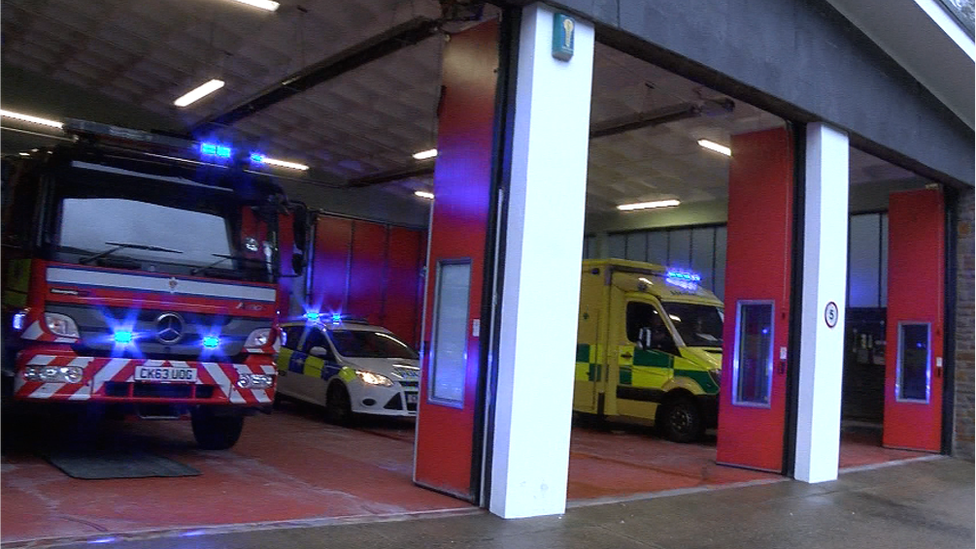Deliberate grass fires started in Wales up by 33%
- Published
Helicopters could not tackle the blaze at night, reports Hywel Griffith
The number of deliberately started grass fires in Wales increased by almost a third last year, new figures have shown.
Some 2,604 grass fires, about eight in 10, were started on purpose in 2015-16, according to Welsh Government figures, external.
This was up from the 1,968 deliberate fires started in the 12 months before.
A member of the South Wales Fire Authority said the increase was "disappointing" and "frightening".
In April 2015, children as young as 11 were arrested after hundreds of blazes destroyed acres of countryside in south Wales.
However, previous reports have also suggested many grass fires in Wales may have been started by farmers and landowners.
Two people were injured during the deliberate fires.

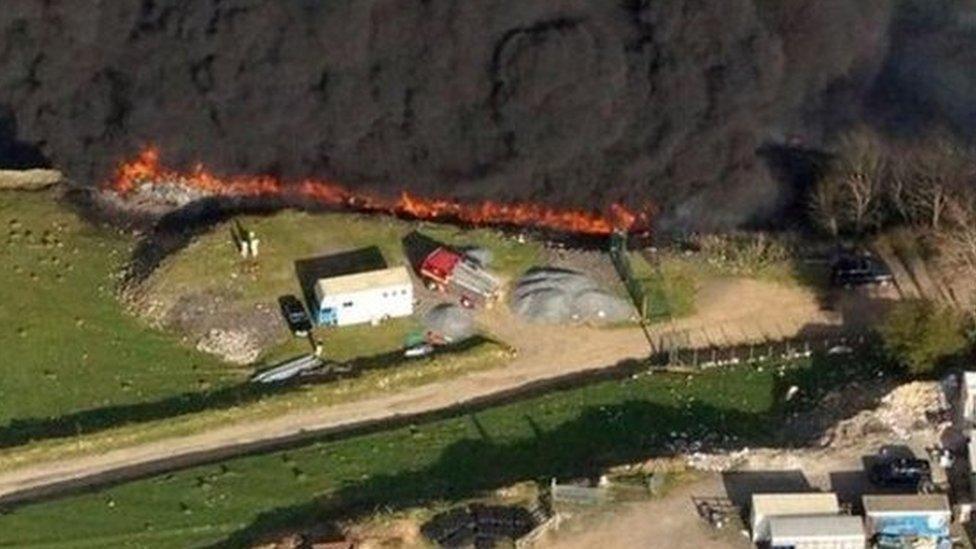
John Bulpin captured this image from his microlight aircraft of a fire in Ynyshir, Rhondda Cynon Taff
The annual figures showed:
Welsh fire crews dealt with 3,216 grassland, woodland and crop fires overall in 2015-16 - up 23% on 2014-15
A total of 2,604 deliberate fires were started in 2015-16 - up from the 1,968 in the 12 months before
More than seven in 10 of the most serious or "primary" fires were started deliberately - the highest proportion since 2011-12
Twenty-seven per cent of all blazes in 2015-16 dealt with by crews were grass fires
The number of grass fires in 2015-16 was higher than the 2,613 reported in 2014-15, but less than the 3,876 reported in 2013-14 and 4,898 in 2010-11

The report said the highest number of grass fires were started in April 2015, when fire crews attended 1,487 grass, woodland and crop blazes - more than double the number in the same month in 2014.
There were calls for tougher penalties for arsonists following the spate of fires on land in Newport, Caerphilly, Rhondda and Port Talbot last spring.
The report suggested good weather was likely to have been a factor, with Met Office data showing there was 50% more sunshine in April 2015 than in the same month in 2014, and about half the amount of rain.
Sylvia Jones, councillor for Llwynypia near Tonypandy and a member of the South Wales Fire Authority, said it was "disappointing" how many grass fires were deliberate.
"It's so frightening because we don't know how far the fire is going to spread and if we can't get services there in time it could spread even to the houses down below the top of the mountains," she said.
"When they start them they have no idea what the consequences are going to be.
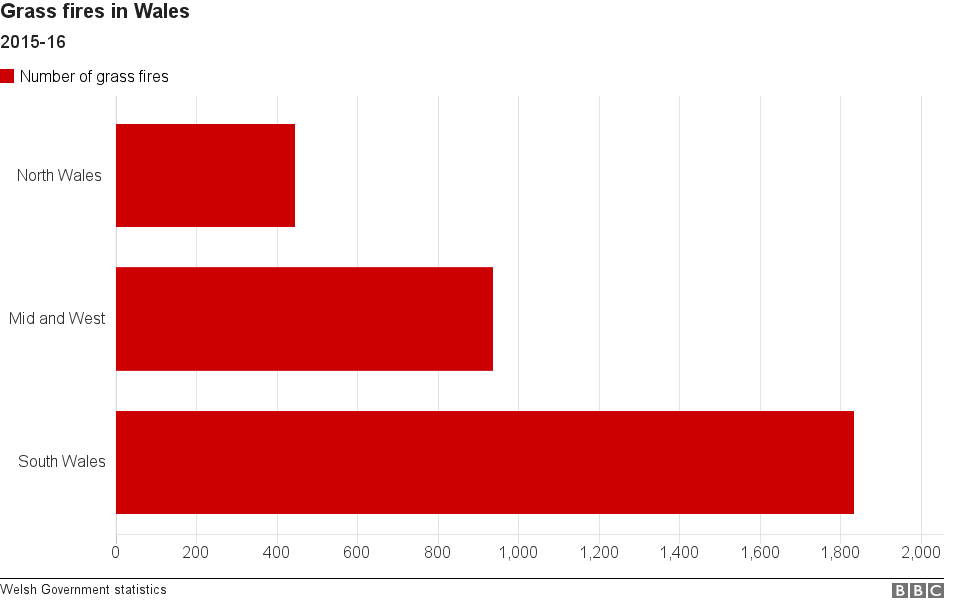
"There seems to be this nonsensical idea that it's nice to see something burning and that shows me all the work we're doing isn't being as effective as it should be."
Theresa Gannon, a professor of forensic psychology at the University of Kent, has conducted research with people who have deliberately set fires, and discussed their motives.
Reasons included curiosity, finding it "fun and exciting", boredom and peer pressure.
"One thing our research showed is that people who reported having set fires in adolescence stated they had a family member who had ignited a fire previously suggesting they're learning from them and it's becoming a pattern," she said.
Prof Gannon added people who admitted starting fires often also reported problems at school and low levels of parental supervision.
She said cutting down the numbers was "incredibly difficult" but increased fire safety knowledge would help, along with education to build young people's confidence so they are able to stand up to their peers.
"They actually don't know how to say no or how to safely get themselves out of that situation."
On Friday, police fire and council officials in Wrexham launched a campaign and film, Burning Your Future, external, to curb arson attacks, saying the area had suffered "disproportionally" for a number of years.
The communities of Caia Park and Gwersyllt have been singled out with a number of educational projects.
- Published23 April 2015
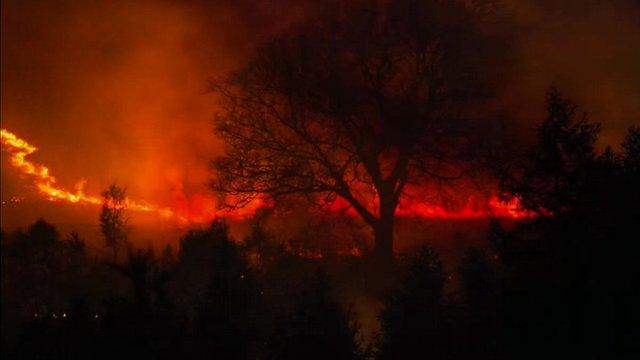
- Published3 January 2016
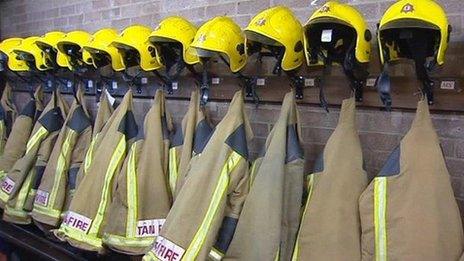
- Published13 February 2017
